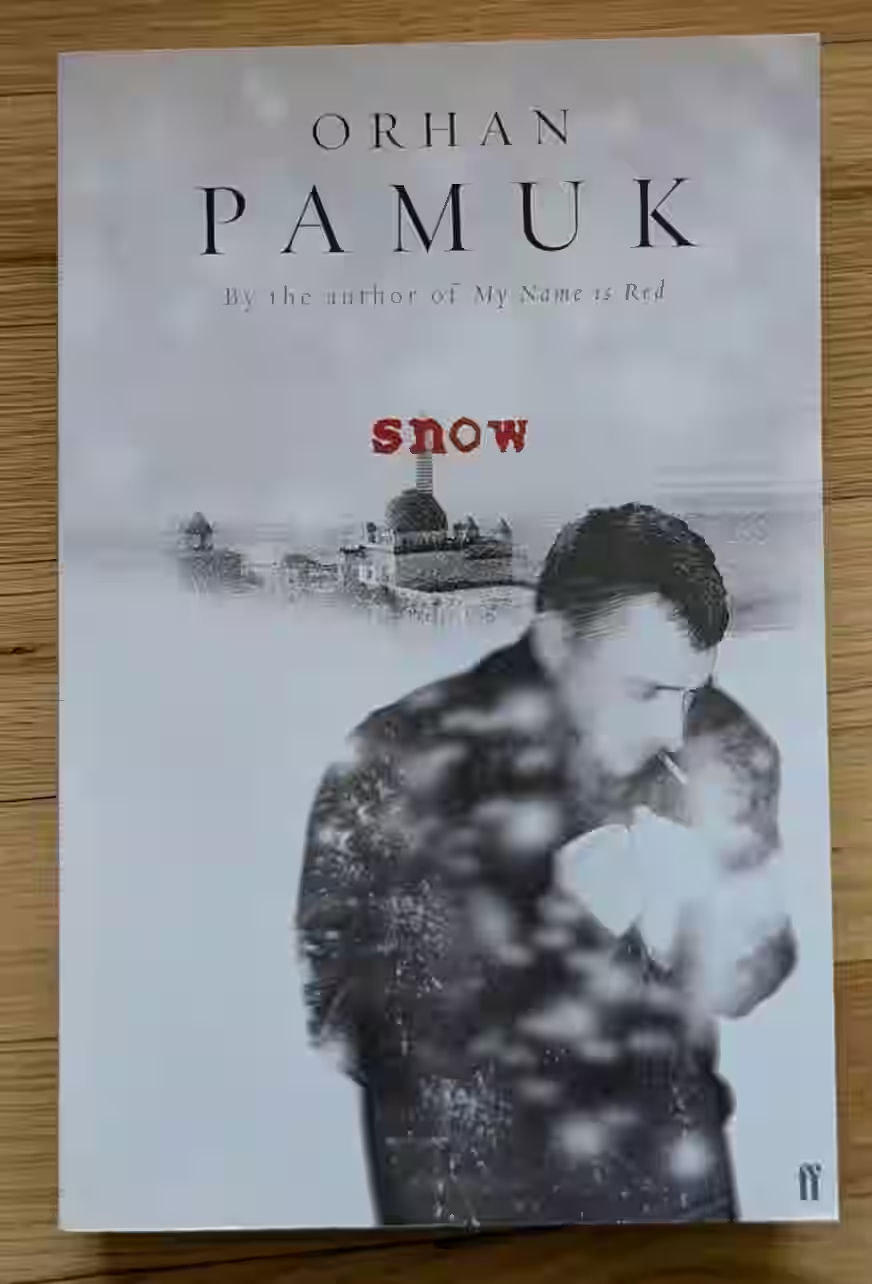Orhan Pamuk
Orhan Pamuk, born on June 7, 1952, in Istanbul, Turkey, is one of the most acclaimed contemporary authors, renowned for his profound narratives that bridge Eastern and Western cultures. A Nobel Laureate in Literature, Pamuk's poignant exploration of identity, history, and the contours of Turkish society is evident in masterpieces such as 'My Name Is Red', 'Snow', and 'The Museum of Innocence'. His evocative prose and innovative storytelling have earned him a global readership and established him as a pivotal figure in modern world literature. Pamuk's works, often set against the backdrop of Istanbul, reflect his deep ties to the city, weaving its vibrant culture and tumultuous politics into his storytelling. His novels are translated into over 60 languages, cementing his influence and impact on international literature. Pamuk's unique voice and thematic boldness continue to inspire discussions on cultural and philosophical issues worldwide.

Snow
by Orhan Pamuk
Orhan Pamuk's 'Snow' is a profound exploration of identity, politics, and cultural conflict set in the snowy, remote city of Kars, Turkey. The novel follows Ka, a poet and journalist, who returns from political exile to investigate a series of suicides among young Muslim women. As Ka navigates the city's complex social and political landscape, marked by tension between secularism and Islamism, he becomes embroiled in personal and ideological conflicts. The narrative weaves themes of love, despair, and the search for meaning against a backdrop of political intrigue and existential questions. Pamuk's rich prose and philosophical depth invite readers to reflect on the broader human condition and the delicate interplay of personal and societal turmoil. 'Snow' is both a mystery and a meditation, leaving a lasting impact with its exquisite portrayal of Turkey's contemporary struggles.